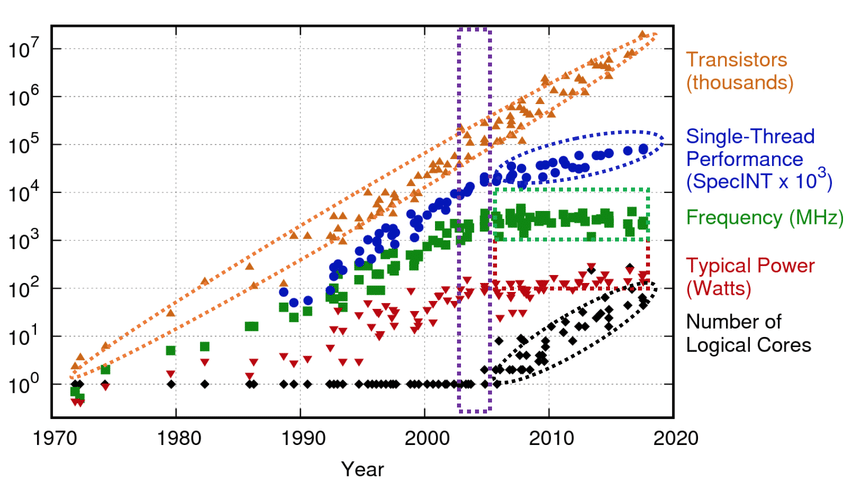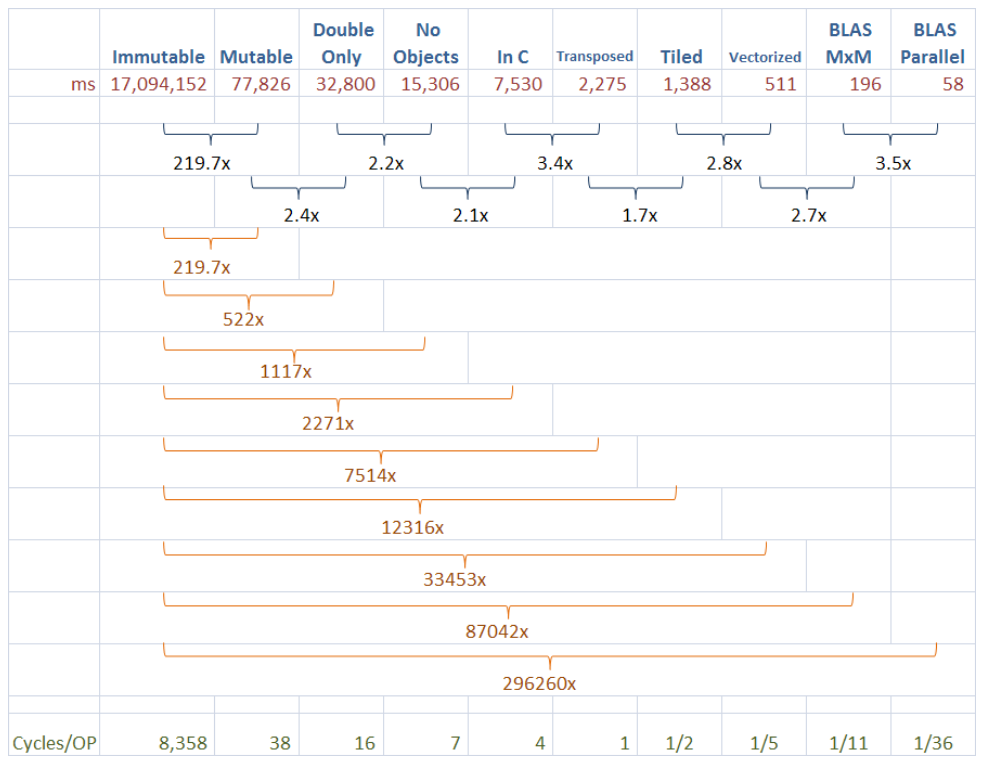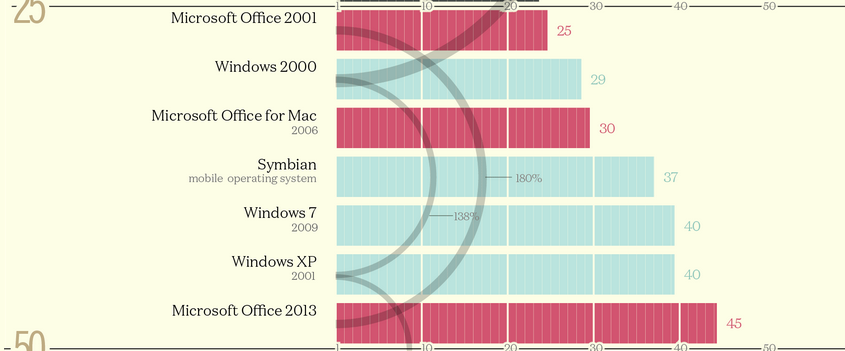Programming Language Design
6.S050
Created: 2023-05-11 Thu 11:06
Staff
- Instructors:
- Michael Carbin, (mcarbin@mit.edu) 32-G782
- Jack Feser (feser@mit.edu) 32-G716
- Armando Solar-Lezama (asolar@csail.mit.edu) 32-G742
- Teaching assistants:
- Jesse Michel (jmmichel@mit.edu)
- Katherine Mohr (kmohr@mit.edu)
Schedule
Lectures: TR 1-2:30 in 56-154
No recitations.
Office hours: TBD. Will be on course website & canvas.
Assignments
- 6 problem sets, roughly one every 2 weeks
- Reading response
Problem Sets
- Design questions—short answer
- Implementing interpreters in Python
- 6 problem sets, roughly every 2 weeks
Peer Feedback
- Will assign another student to give feedback on design portions of problem sets
- You will be graded based on the quality of the feedback you give
- Starting with Pset 2
Reading Response
- Read a classic paper on programming language design
- Write a short response (250 words)
- We'll give you a question or prompt
- 5 reading responses, alternating w/ problem sets
Grading
- 15% per problem set
- 10% total for reading responses
Late policy
- Problem sets due @ 11:59pm
- Late homework will be accepted for up to 3 days
- 10% grading penalty per day
Extensions
- Contact course staff before assignment is due
- We will give you a 24 hour extension
- If you need more, get in touch
Collaboration
- You are welcome to discuss the problem sets with your classmates, but
- Anything you turn in should be your own work
- Citing sources is required in any written assignments
Why learn to design programming languages?
My answer

Your answer
- Write better code
- Make more informed choices between languages
- Learn new languages quicker
- … or maybe you just think programming languages are neat!
Parts of a language design
- Syntax—what programs look like
- Semantics—how programs behave
- Pragmatics—how programs are executed efficiently
What we'll cover
- Syntax—what programs look like
- Semantics—how programs behave
Pragmatics—how programs are executed efficiently
What this class is and is not
- Is
- A broad look at language design
- An examination of many different language features
- Implementation focus on simplicity, not efficiency
- Is not
- A compilers class
- No discussion of optimization
A quick warning
- This is a new class
- We're still working on the material
- We think it will be fun!
- …but there will be bugs
Why is PL design important?
More seriously
"Null references: the billion dollar mistake" — Tony Hoare
- Trades off safety for performance
- Regaining safety requires:
- A verbose check at every dereference
- Static analysis
Memory safety vulnerabilities

Need for parallelism

Performance gap

Growing codebases

Growing codebases

What does language design look like?
- Design tasks on a spectrum
- Engineering — lots of constraints, clear correctness criteria
- Architecture
- Fine art — relatively few constraints, highly creative
- Language design ~ architecture
- Some hard constraints
- Lots of room for creativity
Language design criteria
- What makes a language well designed?
- Who are the users of PLs?
- Programmers
- Other programs/tools
Ergonomics for programmers
Ergonomics for tools
Anatomy of a language
- as bag of features
- point in high dimensional feature space
Design axes
- Syntax
- Semantics
- Naming
- Control
- Types
- State
- Data representation
Syntax
IDENTIFICATION DIVISION.
PROGRAM-ID. fizzbuzz.
DATA DIVISION.
WORKING-STORAGE SECTION.
01 CNT PIC 9(03) VALUE 1.
01 REM PIC 9(03) VALUE 0.
01 QUOTIENT PIC 9(03) VALUE 0.
PROCEDURE DIVISION.
*
PERFORM UNTIL CNT > 100
DIVIDE 15 INTO CNT GIVING QUOTIENT REMAINDER REM
IF REM = 0
THEN
DISPLAY "FizzBuzz " WITH NO ADVANCING
ELSE
DIVIDE 3 INTO CNT GIVING QUOTIENT REMAINDER REM
IF REM = 0
THEN
DISPLAY "Fizz " WITH NO ADVANCING
ELSE
DIVIDE 5 INTO CNT GIVING QUOTIENT REMAINDER REM
IF REM = 0
THEN
DISPLAY "Buzz " WITH NO ADVANCING
ELSE
DISPLAY CNT " " WITH NO ADVANCING
END-IF
END-IF
END-IF
ADD 1 TO CNT
END-PERFORM
DISPLAY ""
STOP RUN.
Syntax
let () =
for i = 1 to 100 do
let str = match i mod 3, i mod 5 with
| 0, 0 -> "FizzBuzz"
| 0, _ -> "Fizz"
| _, 0 -> "Buzz"
| _ -> string_of_int i
in
Printf.printf "%s " str
done
Syntax
- What makes syntax easy to read?
- How should we specify syntax?
Naming
var funcs = [];
// let's create 3 functions
for (var i = 0; i < 3; i++) {
// and store them in funcs
funcs[i] = function() {
// each should log its value.
console.log("My value: " + i);
};
}
for (var j = 0; j < 3; j++) {
// and now let's run each one to see
funcs[j]();
}
Naming
function myOuterFunc() {
var date = new Date();
function myInnerFunc() {
console.log("The current date is " + date)
if (true) {
// Whoops, we accidentally reused this variable name!
var date = "a string"
}
}
myInnerFunc()
}
Naming
function myOuterFunc() {
var date = new Date();
function myInnerFunc() {
var date = undefined;
console.log("The current date is " + date)
if (true) {
// Whoops, we accidentally reused this variable name!
date = "a string"
}
}
myInnerFunc()
}
Naming
- Which objects in a language can be named?
- How are names organized & resolved?
Control
ON CONDITION(OVERDRAFT) BEGIN; ... END; IF ACCOUNT_BALANCE < TOTAL WITHDRAWAL THEN SIGNAL CONDITION(OVERDRAFT);
Control
- What kinds of control-flow constructs should be provided?
- …for describing loops & branches
- …for handling errors
Types
String[] strings = new String[2];
Object[] objects = strings; // valid, String[] is Object[]
objects[0] = 12;
Types
- How can types be used to avoid common programming errors?
- Can we reuse the semantic tools that we developed for specifying behavior to specify type systems?
- Types are a deep subject
- If you love this part of the class, you might also love:
- 6.5110 Foundations of Program Analysis
- 6.5120 Formal Reasoning About Programs
State
let mut x = "123".to_string();
let y = &mut x;
x.push_str("456");
println!("y = {}", y);
error[E0499]: cannot borrow `x` as mutable more than once at a time
State
- How can we program without mutable state?
- How can languages make mutable state safe and easy to reason about?
- How should languages handle resource allocation/deallocation?
Data Representation
data Exp = Num Int
| Add Exp Exp
| Sub Exp Exp
| Mul Exp Exp
| Div Exp Exp
eval :: (Num a, Integral a) => Exp -> a
eval e = case e of
Num x -> fromIntegral x
Add a b -> eval a + eval b
Sub a b -> eval a - eval b
Mul a b -> eval a * eval b
Div a b -> eval a `div` eval b
Data Representation
- How can we give programmers expressive, powerful tools to describe diverse data structures?
- How can we make it easy to work with complex data structures?
- How should we represent and process infinite structures?